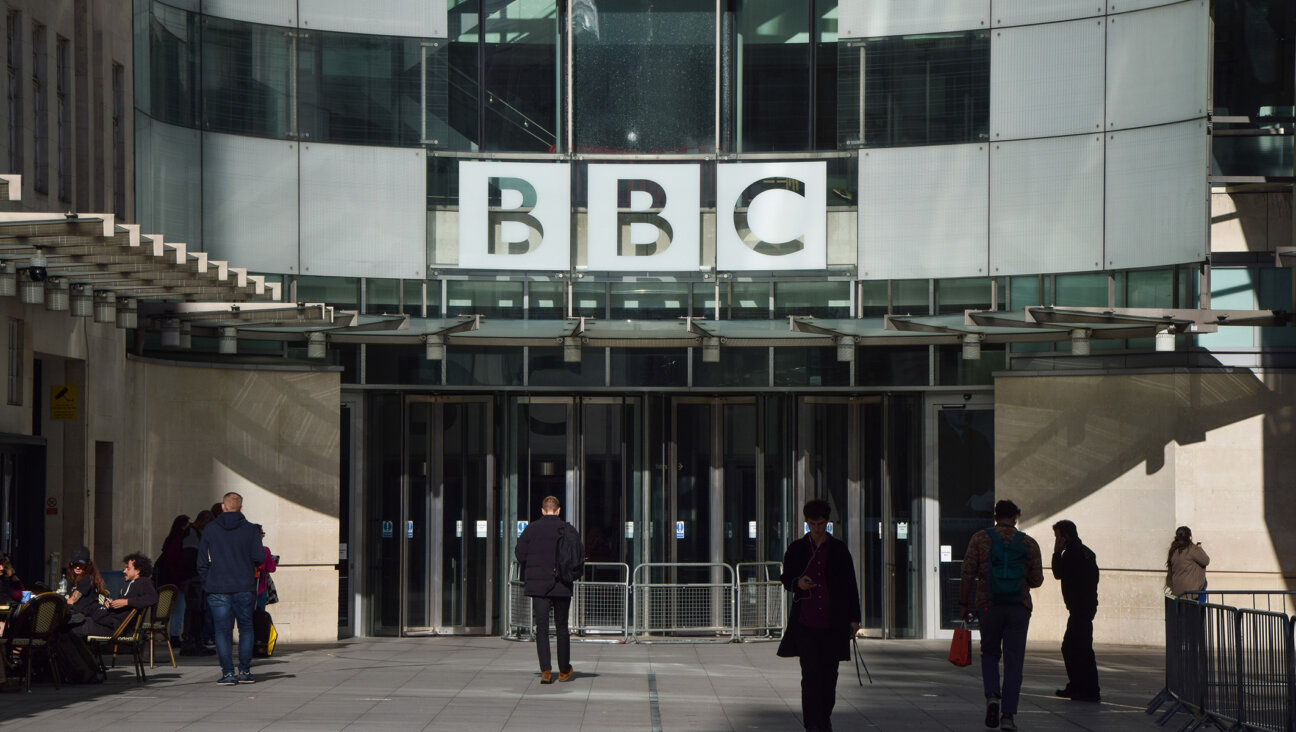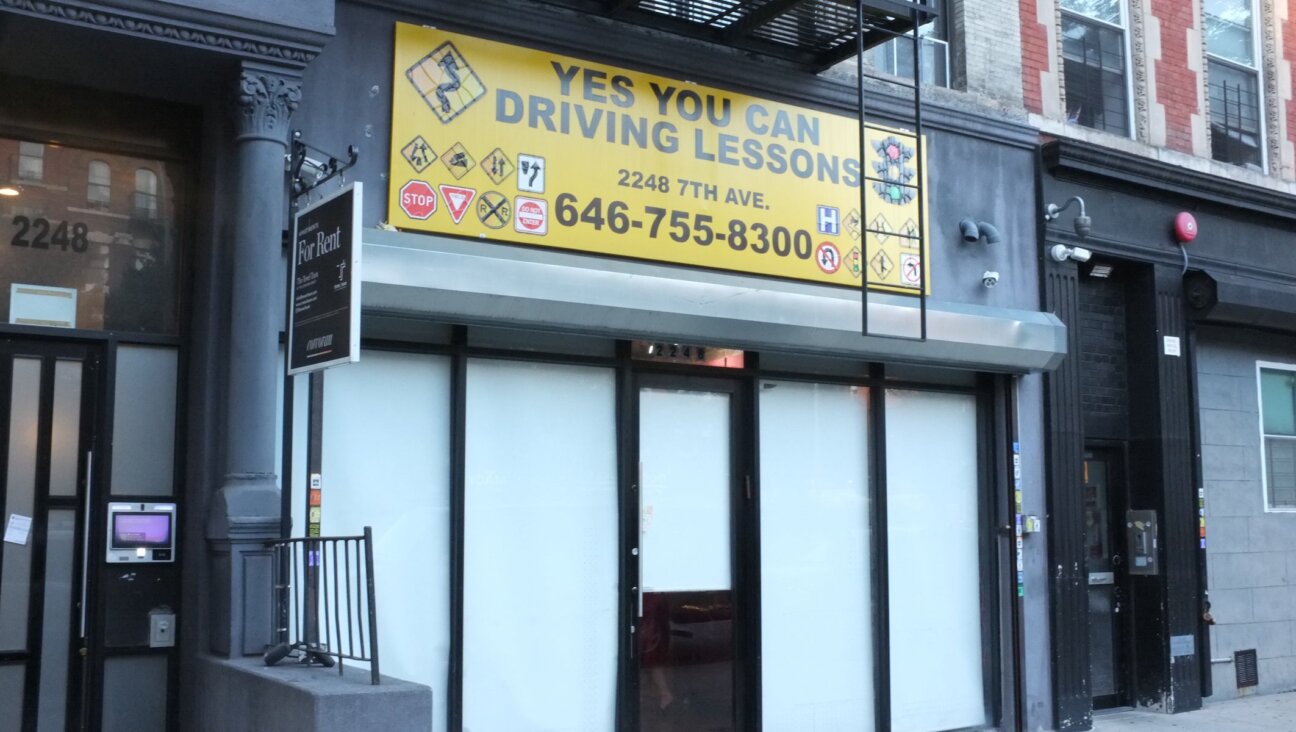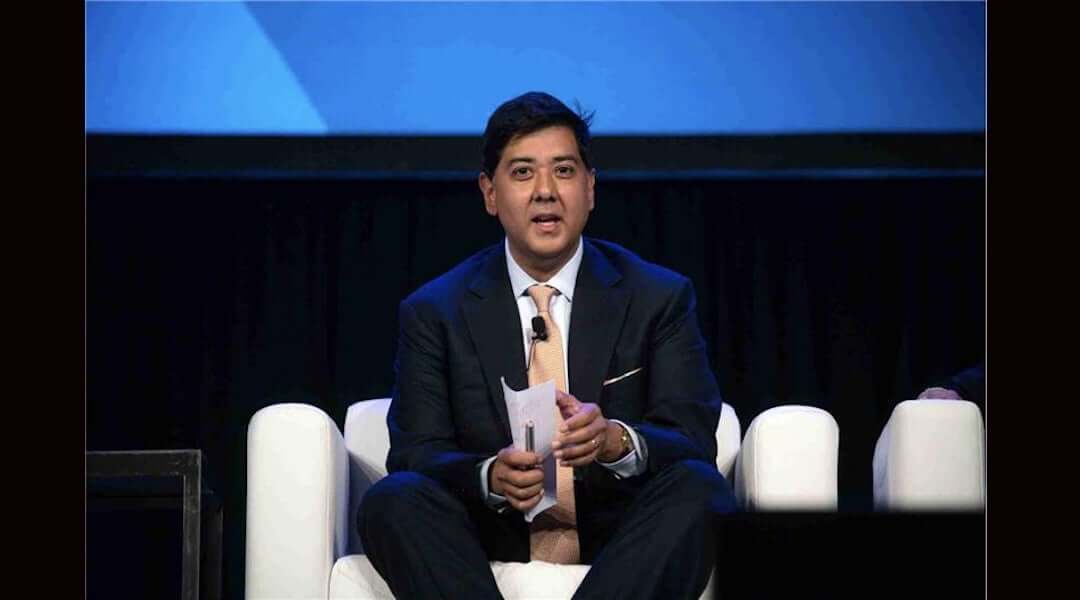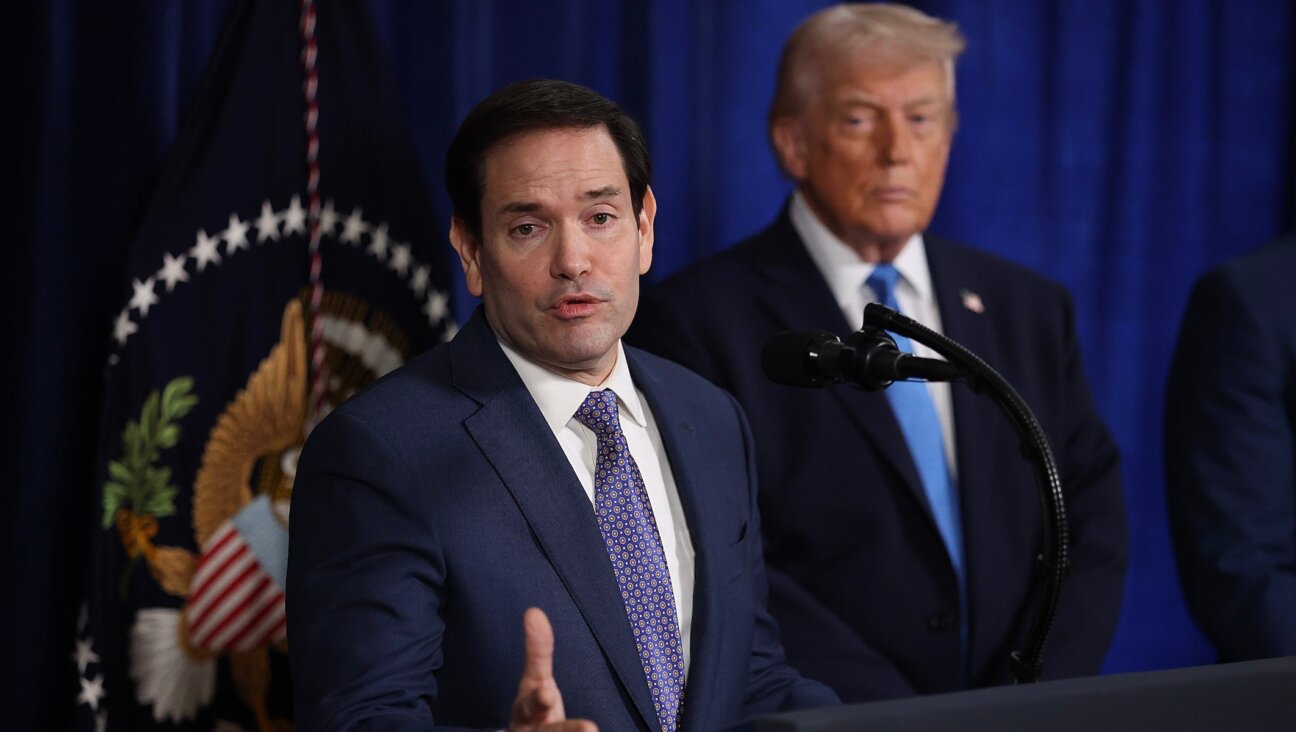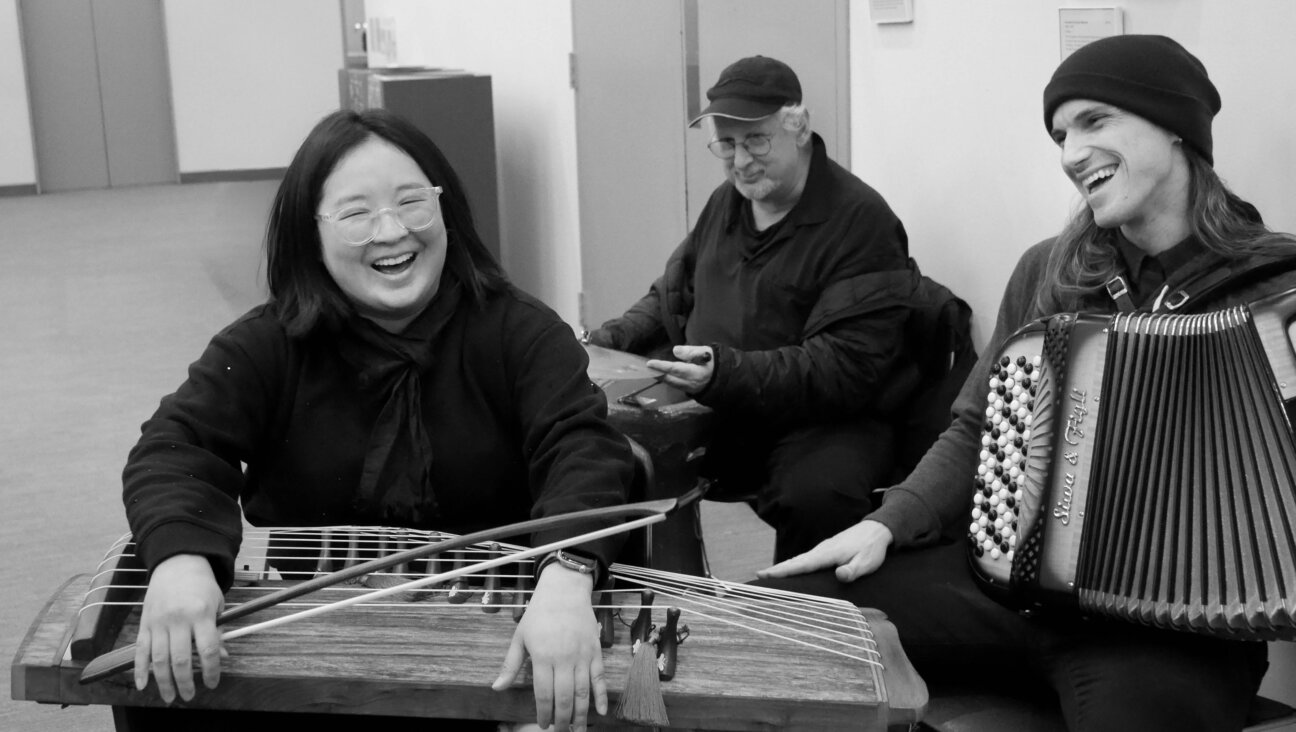Shalit’s Parents Meet With Bibi, But Given ‘No News’
Prime Minister Benjamin Netanyahu and his wife Sarah met on Friday with Noam and Aviva Shalit, the parents of captive Israeli soldier Gilad Shalit, at the prime minister’s residence in Jerusalem. Upon coming out of the hour-long meeting, Noam Shalit said the prime minister did not offer any new or dramatic information regarding his son’s future.
Gilad Shalit was captured by Gaza militants in a 2006 cross-border raid, and has been held by Hamas, the rulers of Gaza, for the last four years. Hamas has demanded the release of hundreds of Palestinian prisoners held in Israel in exchange for the release of the captive soldier.
The Shalit family has spent the last two weeks marching from their home in the Galilee to Netanyahu’s official residence in Jerusalem, where they set up a protest tent in which they plan to reside until Gilad is released in a prisoner swap with Hamas. Thousands of Israelis joined the Shalits along the way, and 15,000 attended the rally Thursday evening that marked the end of the march in Jerusalem.
Following the meeting on Friday, Noam Shalit said that Netanyahu’s failure to provide the family with news would not change their decision to remain in the protest tent until Gilad comes home.
During their meeting, the prime minister briefed the Shalit family on his meetings with senior U.S. officials during his recent visit to Washington, and particularly on his meeting with U.S. President Barack Obama. Shalit declined to provide any details on the meeting, nor would he reveal whether Netanyahu spoke of any concrete moves to free Gilad.
Netanyahu told the Shalit family that he had emphasized the need for firm international pressure during his meetings with the officials in Washington. The prime minister added that “not only did thousands march with you, but all of the citizens of Israel support you, along with millions around the world, my wife and I included.”
Earlier Friday, Army Radio reported that Netanyahu had called the Shalit family from his plane en route back to Israel from Washington to invite them to meet Friday afternoon.
Activists for Gilad Shalit reported that no further meetings have been scheduled between the family and the prime minister.
After 12 days of what turned out to be the largest protest march in Israel, organizers of the campaign to free Shalit said that while they were satisfied with the public response it was dwarfed by the knowledge that Gilad is not yet home.
The organizers admitted they had worried that the turnout for the march would be smaller, and said they are convinced that the response proved that the Israeli public overwhelmingly supports their cause.
A turning point for the campaign was the speech last week in which Netanyahu said that he supported a prisoner exchange deal but not at any price. Noam Shalit, Gilad’s father, accused Netanyahu of presenting nightmare scenarios to the public. The next day, 17,000 people joined the march in what its organizers called an unequivocal response to the prime minister.
The number of marchers changed daily. Only Gilad’s parents and brother, Noam, Aviva and Yoel Shalit, respectively, walked the entire 220-kilometer route, from the family’s home in the north to Jerusalem. Organizers said that 15,000 people marched on the first day, 17,000 marchers entered Tel Aviv and 25,000 people joined the last day of the march, in Jerusalem, Thursday. Rough estimates spoke of more than 200,000 people who attended various parts of the march, including the rallies and concerts associated.
At the closing rally on Thursday night, Aviva Shalit implored Netanyahu: “Don’t abandon my son, act courageously to free him,” adding, “After four years there are no more excuses. 1,474 days of hardship and pain my son has endured in Hamas captivity. The time has come to say ‘Stop! Enough!’”
